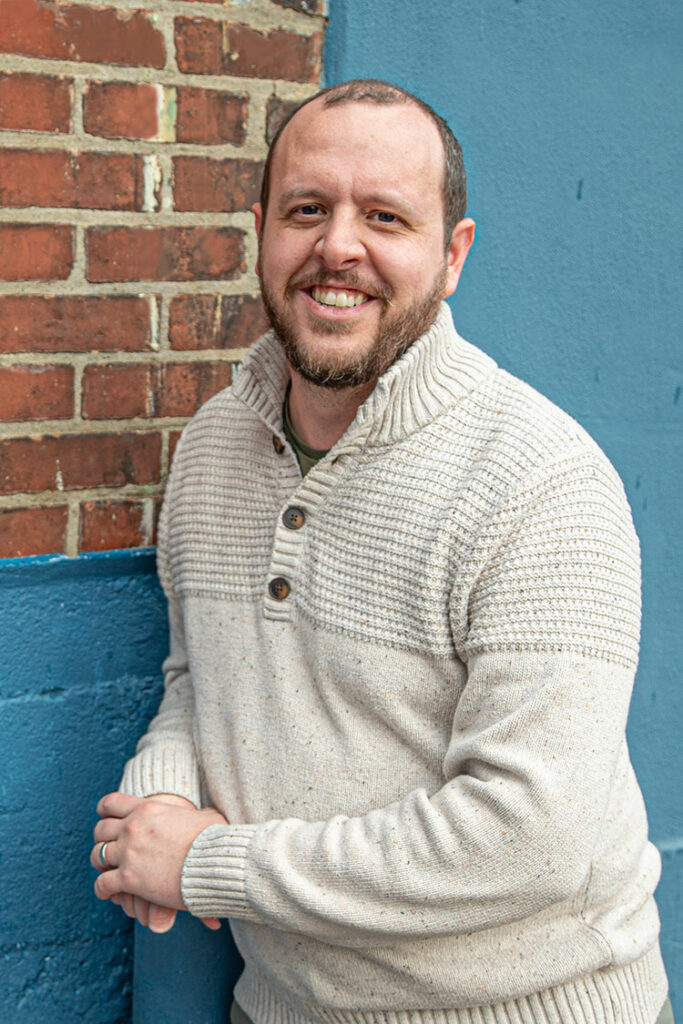The toughest lesson for marketers to learn when it comes to social media is it’s a conversation, not a lecture. As the organizers of the ING New York City Marathon learned, there is no opt out of this agreement either, even if you’re communicating through an email blast, not a social network.
A few weeks ago the marathon sent out an email to the 40,000 people who are signed up for the 26.2 mile race and told them there would not be a bag drop.
Not asked for input. Not posted a survey calling for opinions. They told the runners.
If you’re not a runner, you may not understand what this is or why it would be upsetting to many. Bag drops are the option to leave dry clothes, car keys and other personal items, at the start. They are then taken to the finish (they are not always the same in races). After running a marathon, you’re not very likely to want to walk very far to pick up your gear. This move also leaves you with no phone, wallet or keys. Fairly easy to see where the problem lies, right?
Not to the big wigs with the marathon. Just like that they shut runners out. Five or ten years ago you would likely get a few strongly worded letters, a few people drop out, but that was it. Now, with social media, there is power in numbers, and those numbers are ever growing. Within 24 hours the problem for this marathon had flown all the way around the world and back. Literally millions of people chimed in; some for better, but usually for worse.
I saw this in a column in AdAge. The authors, Fred Pfaff and Steve Ennen, make some fantastic points and marketing lessons from this situation. I encourage you to read their piece, but I wanted to share a few of their points:
“It’s not a top down world anymore.”
My favorite point made here is that if you’re dealing with a community of enthusiasts, expect passionate (and sometimes maybe even crazy) reactions to change. Essentially the idea here is to “nurture” your community rather than force it adapt.
“A community isn’t a database.”
Their point that I love here is not to talk down to your community and expect to not hear back. Expect feedback, and beyond that welcome it.
And you know what, as an social media whiz, I would say this goes both ways – a database is not a community. Just because a brand has a fat budget and bought 100,000 “likes” on their Facebook page or Twitter account doesn’t mean those fans are equivalent to another page’s 50,000 – or even 10,000 – earned fans.
To save a little meat on the bone for the authors, this is the part where I encourage you to take this lesson on over to another tab and read rest of the article. Really, read it. Think about your community (or database). And simmer…

2024 Predictions
Thanks to everyone who responded to our 2024 Predictions survey last month. While the sample size wasn’t quite the size of a Pew or Nielsen,



